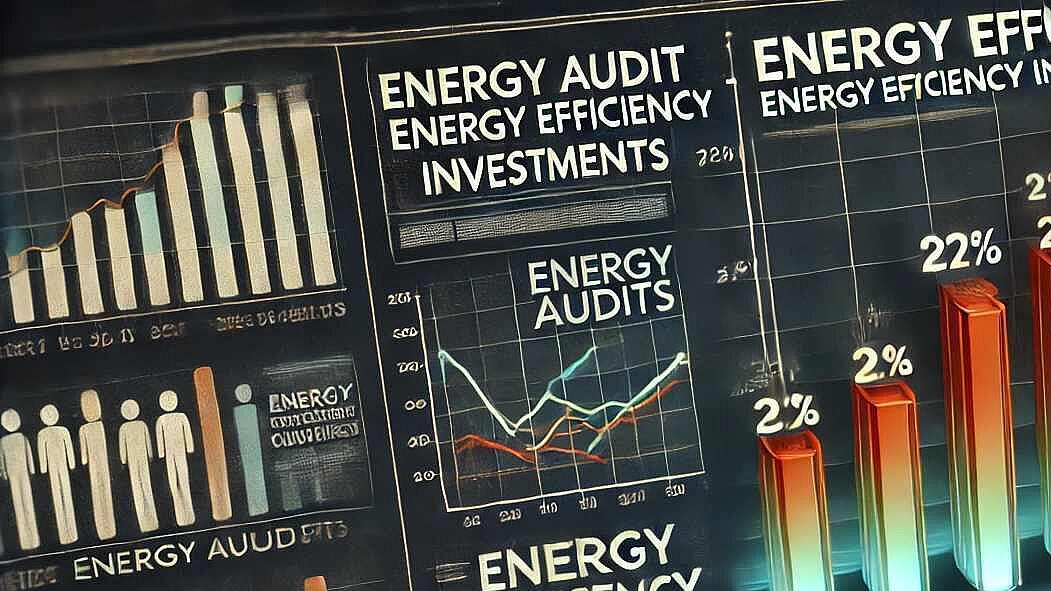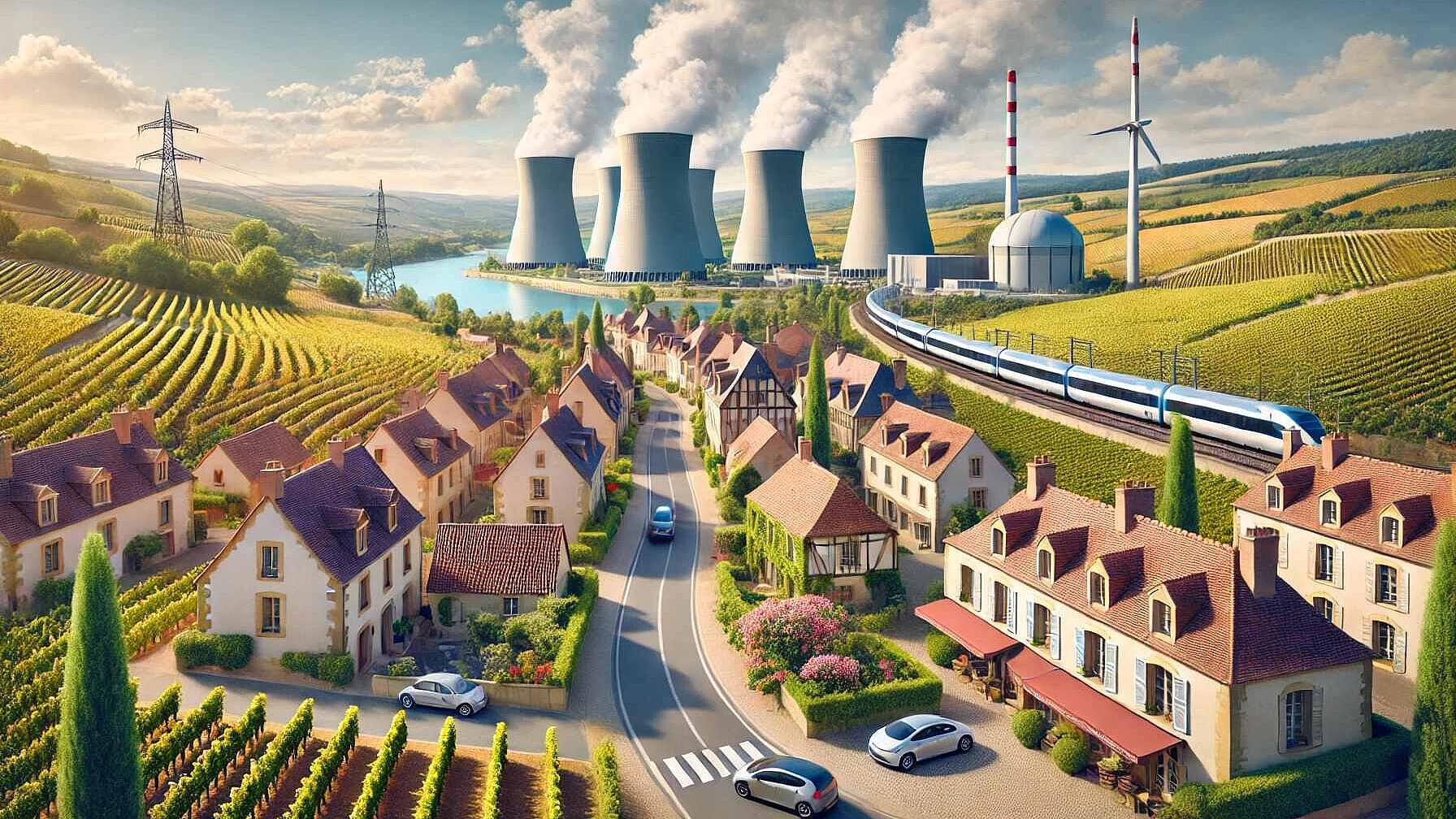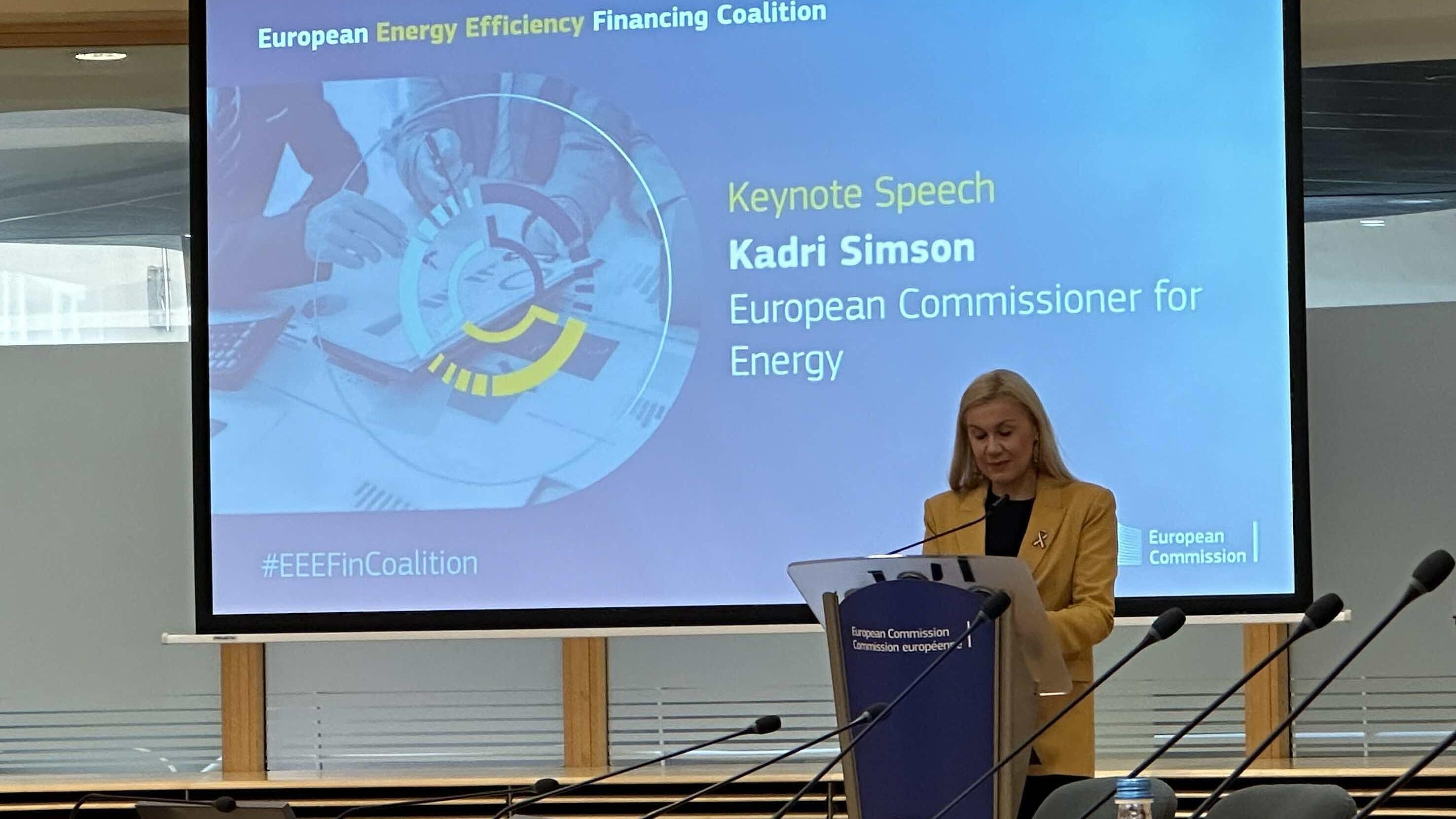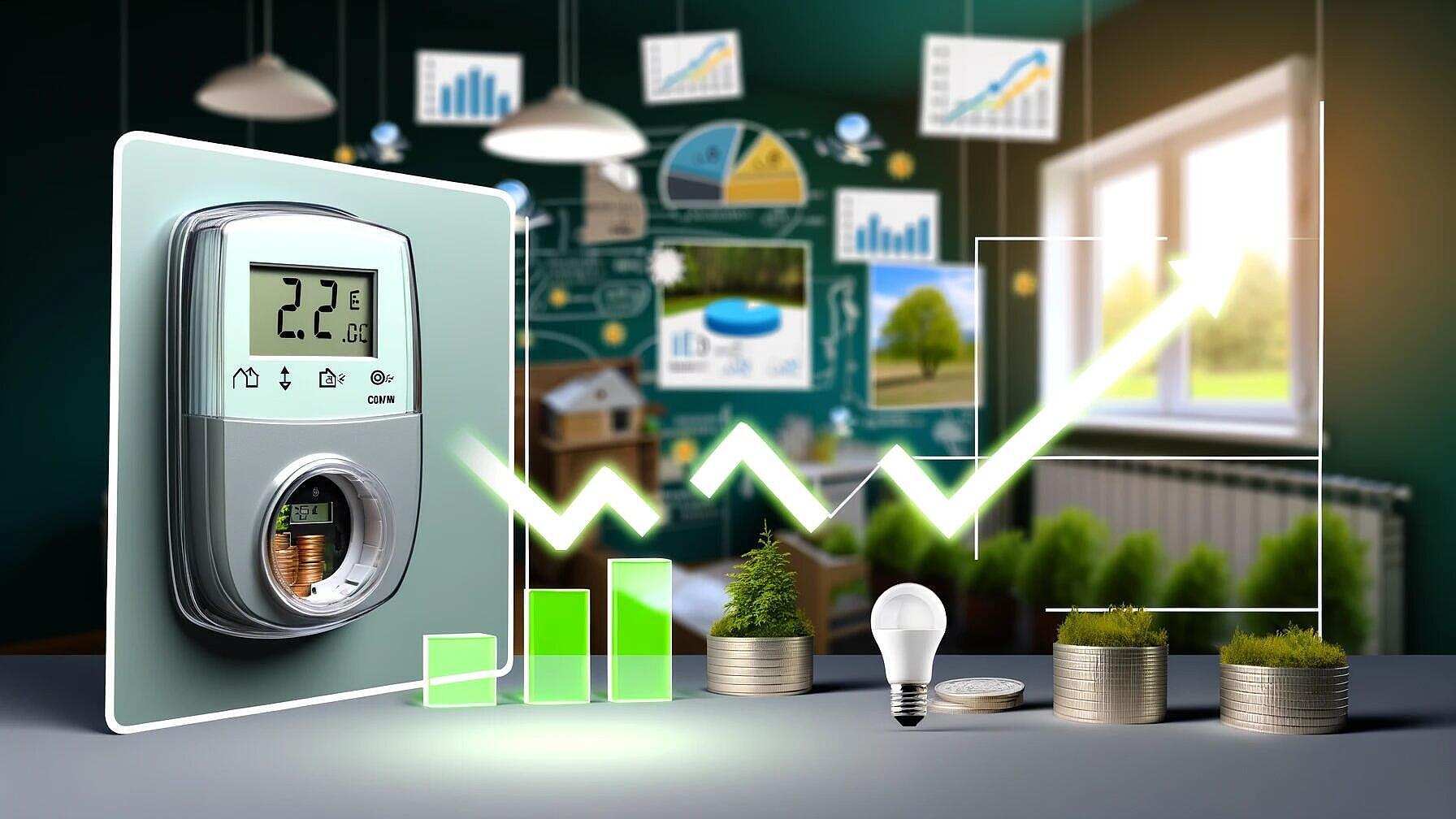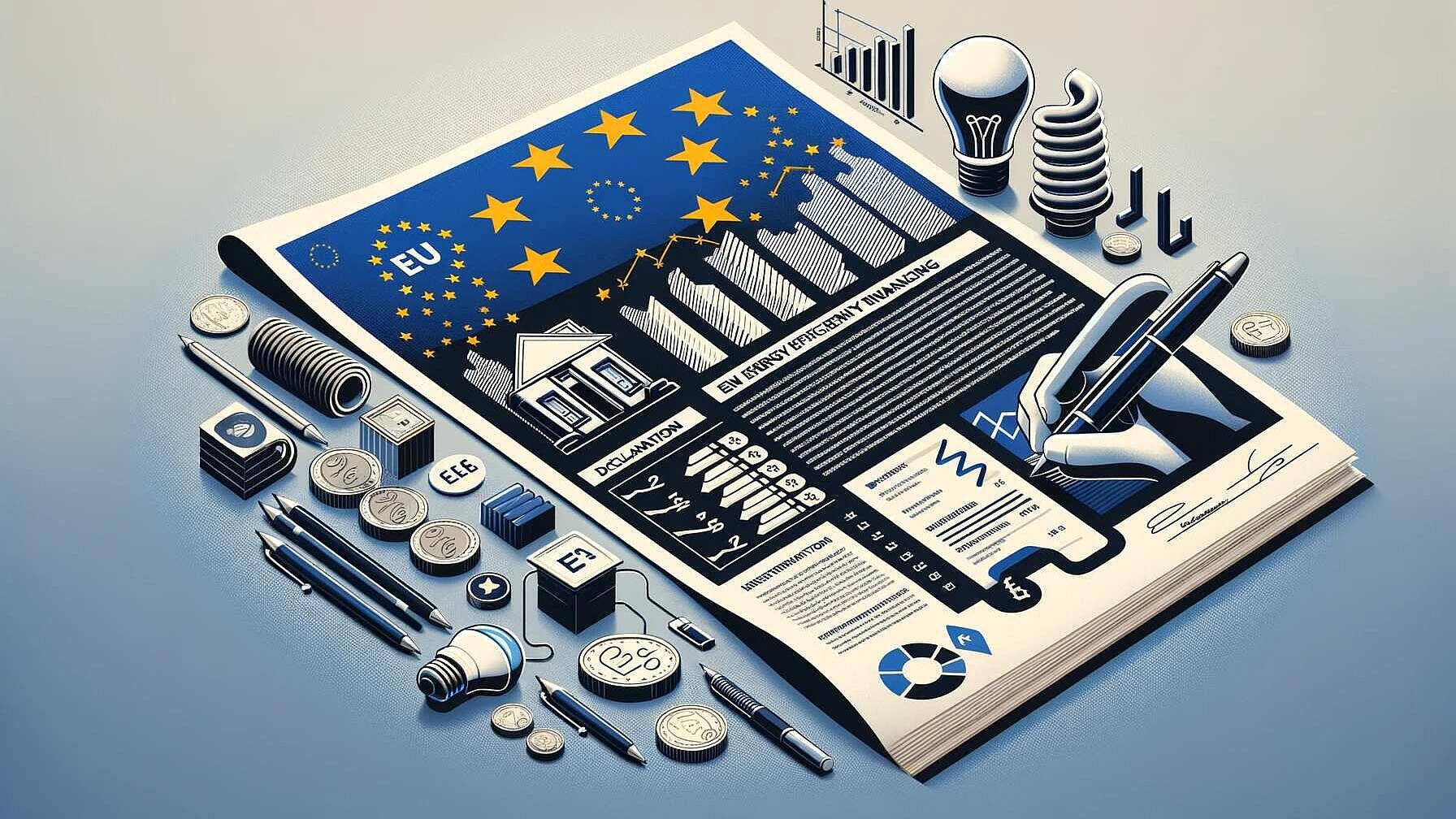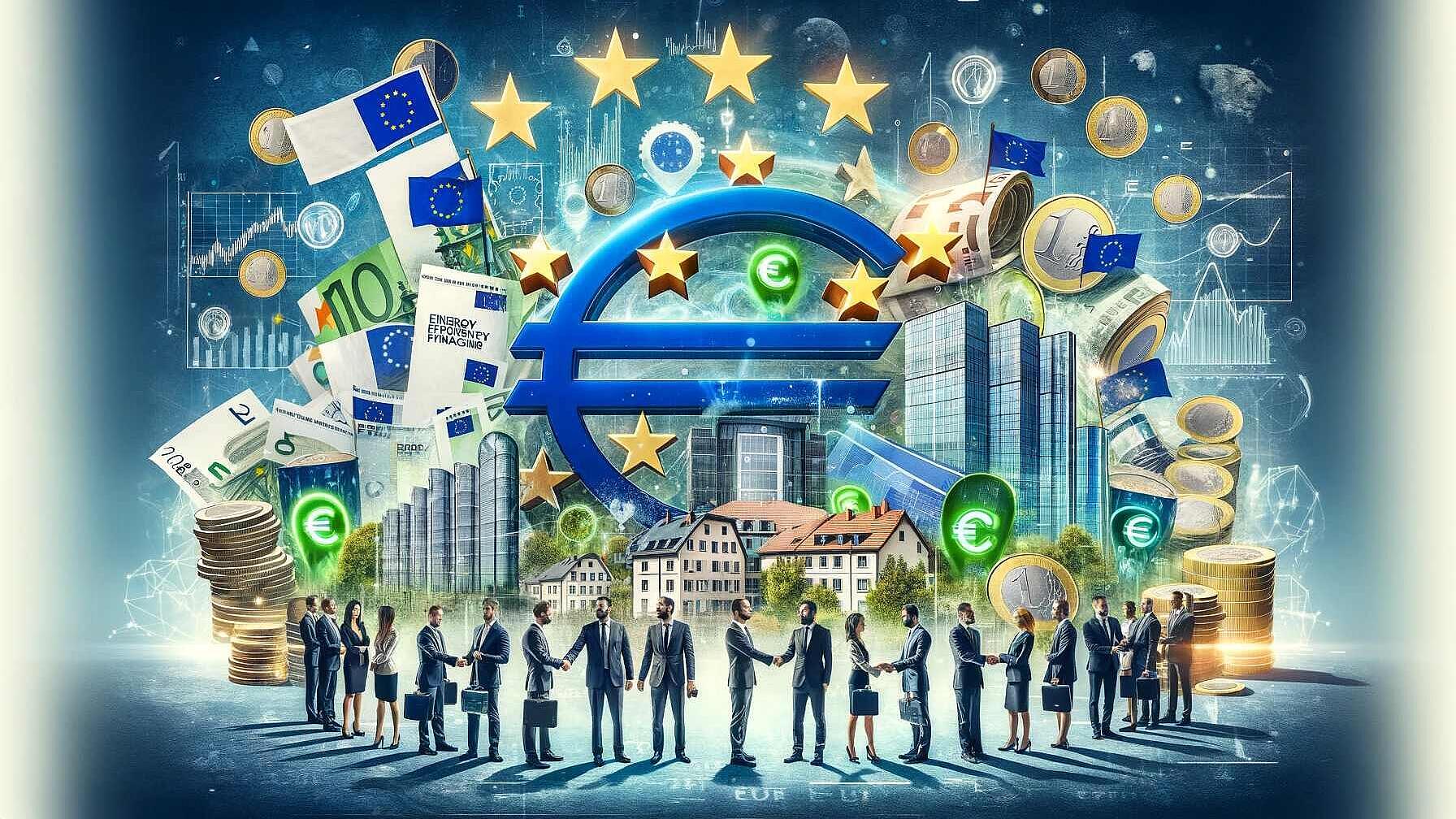 Finance & Economics
Finance & EconomicsFinance & Economics
Bulgaria is among the European countries most hard hit by energy poverty. Many of the building stock dates back to the Communist era, when electricity was cheap. The problem is that to be heated properly, these buildings should now undergo full and very expensive renovations, which are unaffordable for their tenants. In 2020, the European Commission already recommended the structural renovation of private and public buildings to address energy poverty. The real winners were once again gas companies which increased their profits, but they do not move us towards a fair and sustainable transition. Despite being more pronounced among the poorest countries and social classes, energy poverty Bulgaria is far from being alone in facing these problems: two years ago, some 36 million Europeans were unable to keep their homes adequately warm, and in 2020, European Commission has already recommended structural renovation. And Bulgaria is not the only country where everybody works full-time and now exists absolutely in every country, but the pandemic in 2020 was the turning point.
Read Full articleGame Changer: How Energy Audits are Transforming Small Businesses
Energy audits are becoming vital for SMEs in Europe, offering detailed analysis of energy usage and efficiency, highlighting cost-saving measures. They notably influence investment decisions in energy-efficient technologies, with smaller firms and innovative companies benefitting the most. However, financial constraints remain a barrier to implementing energy-saving opportunities.
Read Full articleAnalysis of the Front National 2024 Program and Its Potential Impact on Financing the Energy Transition
The Rassemblement National's 2024 program prioritizes nationalistic policies, with an emphasis on nuclear power, potentially hindering renewable energy development. The program's focus on traditional energy sources may lead to regulatory changes, affecting investor confidence and France's alignment with EU goals. This could result in tensions with the EU, reduced funding, and a slowed energy transition.
Read Full articleThe Economic Impact of AI on Energy Transition: Financial Institutions at the Forefront of a Green Revolution
AI accelerates the global energy transition by optimizing grid operation, predictive maintenance, and energy efficiency, advancing R&D, and enhancing energy trading strategies, attracting investment and job creation, with associated financial opportunities and risks.
Read Full articleFinancing energy efficiency work continues: from EEFIG to EEEFinCoalition
The EEEFinCoalition launch aims to foster dialogue and improve the energy efficiency investment climate. It builds on EEFIG's work which enhanced commercial investment in energy-efficient technologies. EEFIG's final reports serve as key references for financing energy efficiency in buildings and industry, with a focus on consumer demand and regulatory frameworks. The EEIP extends EEFIG's efforts, particularly for SMEs, through projects like DEESME 2050.
Read Full articleThe RetroMeter project: using metered energy savings to make energy efficiency more investable
This article discusses institutional investors' perspective on energy efficiency and how metered efficiency could spur investment. It addresses financial institutions' growing interest in energy efficiency due to market potential, risk mitigation, carbon emission reduction, and regulatory pressure. Barriers like small project scale, heterogeneity, data scarcity, and performance risk inhibit investment. The concept of metered efficiency, akin to Power Purchase Agreements, is presented as a solution to align payment with actual energy savings, enhancing investability and quality assurance in energy efficiency projects.
Read Full articleAn overview of the ESCO industry
We need to triple global energy efficiency investment to meet COP28 goals. ESCO contracts can bridge the development gap by managing both technical and financial risks, fostering demand, and increasing financing capacity. Innovations like Super ESCOs, CaaS, LaaS, and standardized contract forms like EPCs can accelerate growth, but require policymakers, professionals, and financiers to align efforts for broad market scaling.
Read Full articleImpact and nature of the declaration on Energy Efficiency Financing
The EU Energy Efficiency Financing Declaration promotes energy efficiency as crucial for the EU's 2050 decarbonization, targeting a 11.7% increase by 2030. It urges substantial private investment for energy transition, aligning with the EU Green Deal, REPowerEU, and Paris Agreement goals, aiming for climate neutrality and economic resilience. The declaration establishes the European Energy Efficiency Financing Coalition to mobilize funding and outlines public sector leadership and investment conditions for energy efficiency projects.
Read Full articleJoint Declaration on the European Energy Efficiency Financing Coalition - Signed by Commission and all Member States
The European Energy Efficiency Financing Coalition was established through a Joint Declaration to mobilize private investment and create a robust funding framework for energy efficiency projects. The Coalition aims to bolster market environments and scale private funding to meet EU energy and climate targets.
Read Full articleEmpowering Small and Medium-sized Enterprises (SMEs) in the Energy Transition: The DEESME Project
The DEESME project, under EU's Horizon 2020, aids SMEs in energy efficiency endeavours, countering technical, financial, and awareness barriers. It provides a multi-layered approach to align SMEs with EU goals, offering policy recommendations and strategies to effectively implement Article 11 of the Energy Efficiency Directive.
Read Full article
